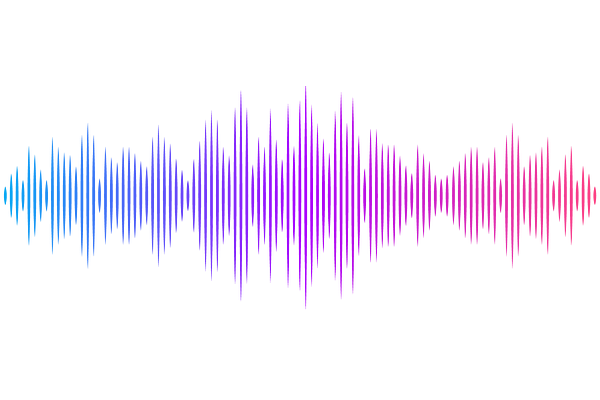Hypomorphic Lig4 gene mutation in mice predisposes to Th1-skewing intestinal inflammation

Hypomorphic Lig4 gene mutation in mice predisposes to Th1-skewing intestinal inflammation
Yamashita, Y.; Kosako, H.; Kato, T.; Okamura, T.; Tane, M.; Tabata, S.; Iwabuchi, S.; Nakashima, K.; Tanaka, K.; Shiraishi, K.; Uchihara, Y.; Sasaki, I.; Okuzaki, D.; Shibata, A.; Mizushima, T.; Hemmi, H.; Kanazawa, N.; Kodama, S.; Ohshima, K.; Hashimoto, S.; Fujitani, Y.; Sonoki, T.; Tamura, S.; Kaisho, T.
AbstractDysregulation of DNA double-strand break (DSB) repair leads to adaptive immunodeficiency, whereas the remaining lymphocytes are aberrantly activated and provoke inflammations. However, no model mice were available to consistently manifest inflammation under defective DSB repair. We generated mutant mice carrying a missense mutation p.W447C in the gene encoding DNA ligase IV (LIG4), critical for DSB repair. Lig4W447C/W447C mice showed growth retardation and severe intestinal inflammations under adaptive immunodeficiency. The inflammations were featured by marked infiltration of T helper type 1 (Th1) cells and macrophages and was dependent on lymphocytes. When Ifng was deleted, Th2 and Th17 instead of Th1 cells drove the inflammations. Lig4W447C/W447C mice showed expansion of oligoclonal T cells with T cell receptor repertoire skewed towards more proximal 3\' V and 5\' J gene segments. Thus, our novel hypomorphic Lig4 mutant mice show that defective DSB repair leads to Th1-dependent intestinal inflammations under severe adaptive immunodeficiency.